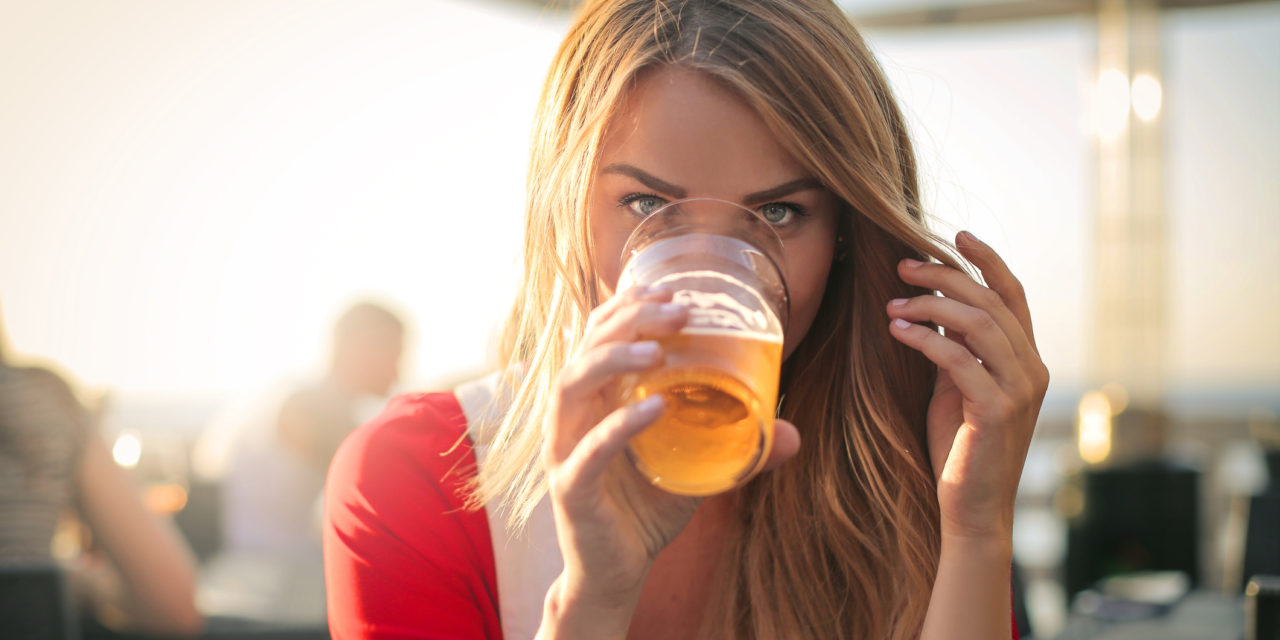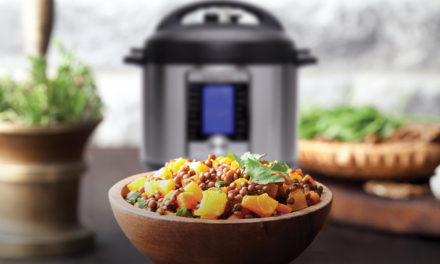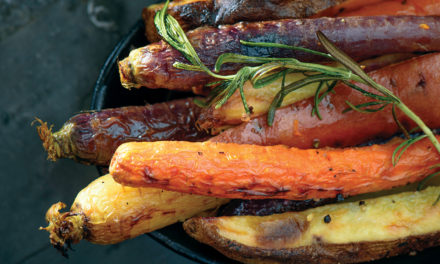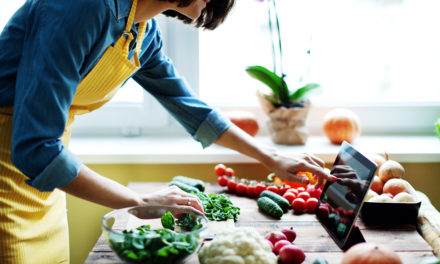If you’re trying to manage your weight, you’ve likely heard the maxim: don’t drink your calories. But that doesn’t mean you can’t fit a cocktail or two into your healthy regime.
“The biggest challenge I see is for women to give themselves permission to enjoy some alcohol in moderation without feeling guilty or like they’ve blown it,” says Rebecca Scritchfield, a registered dietitian and founder of Capitol Nutrition Group, a lifestyle counseling practice. “Health is a life-long commitment. It’s not a pass/fail thing.”
So the question is, how much can you drink without seeing the scale go up? And which drink nutritionally is best? Experts say that moderate consumption of alcohol can help you achieve both those goals. What does moderate mean? The United States Department of Agriculture (USDA) defines that as no more than one drink a day, whether it’s a 5-ounce glass of wine, 12 ounces of regular beer, or 1.5 ounces of 80-proof distilled spirits.
If you’re watching your waistline, it’s best to stick with beer or wine, nutrition experts say. Mixed drinks and cocktails can vary so widely depending on their ingredients and who is making them.
“They’re like the mystery meat of alcoholic beverages,” says Karen Ansel, a registered dietitian and author of The Calendar Diet. “You never know what’s in them, so their calories can quickly add up.”
Here are some more tips to keep drinks as a healthy part of your diet.
KNOW THYSELF If you’re dieting, not only are you already under-fueling yourself with lower calories, but there’s a good chance that you’re also battling a chronic feeling of deprivation. If you are, you may be primed to overdo it on the drinks. “Women naturally want some amount of pleasure or reward for all the “hard work” of dieting,” says Scritchfield. Add alcohol into the mix, which lowers inhibitions, and you could be setting yourself up for an unhealthy mentality—indulge, then blame yourself for being bad. “The problem is being too restrictive [with the diet] in the first place,” she says.
TREAT IT LIKE A DESSERT. Limit drinks to one a day max. If you can also limit the number of days you have that drink even better, says Ansel. Treat it like you’d treat a dessert—as a “sometimes treat,” she says. It’s helpful to think of alcohol the same way you would dessert—as a sometimes treat. “By taking this two pronged approach women can cut down on the amount they drink substantially without feeling totally deprived,” she says.
ONE-A-DAY RULE. Limit the days that you drink and on those days limit the number of drinks you have as well. By taking this two-pronged approach you can cut down on the amount you drink substantially without feeling totally deprived, says Ansel.
COUNT YOUR CALORIES. It’s easy to gulp down a meal’s worth of calories without feeling the sense of satisfaction that you would have if you had actually eaten dinner. “Alcohol doesn’t fill you up the way food does,” says Ansel. “So it’s supplying purely gratuitous calories that you can drink down quickly.”
EAT FIRST. Once alcohol lowers your inhibitions, you may be more likely to reach for the nachos and dip, and less likely to stop when you feel full. “All of the sudden that extra piece of pizza or handful of fries doesn’t seem like such a bad idea,” Ansel says. This is especially likely if you’ve been restricting your calories at regular meals. To avoid going off the rails, avoid drinking on an empty stomach. “If you sip your drink while you eat its alcohol will enter your system more gradually so you’ll make more clear-headed decisions about what and how much to eat,” she says.
MIX IT WITH WATER. Delay dehydration by having a glass of water before your first drink, and chase the drink with at least one glass of water afterward, says Scritchfield. That will also promote a feeling of fullness.
STICK WITH CLEAR LIQUIDS. Beer and wine are much less likely to contain hidden high-calorie ingredients like cocktails. And you may want to stick with beer in a bottle. “It’s automatically portion controlled plus your drink is much larger so you’re less likely to overdo it,” Ansel says.
DON’T BE AFRAID TO JUST SAY NO. Drinking for pleasure and joy with friends and loved ones is fine. But it’s not okay to drink because you feel pressured to, or because it seems like an easy way to cope with negative emotions, unless you can keep it moderate. “Most people drink to soothe and avoid painful feelings,” she says. “Alcohol does not solve problems.”
If you do say no, rest assured, your friends will get used to it, says Scritchfield. Say you’re taking a medication or just say “I don’t feel like it,” she advises. “Being social is about enjoying people and the experiences,” she says. “Alcohol is not required to have fun.”






